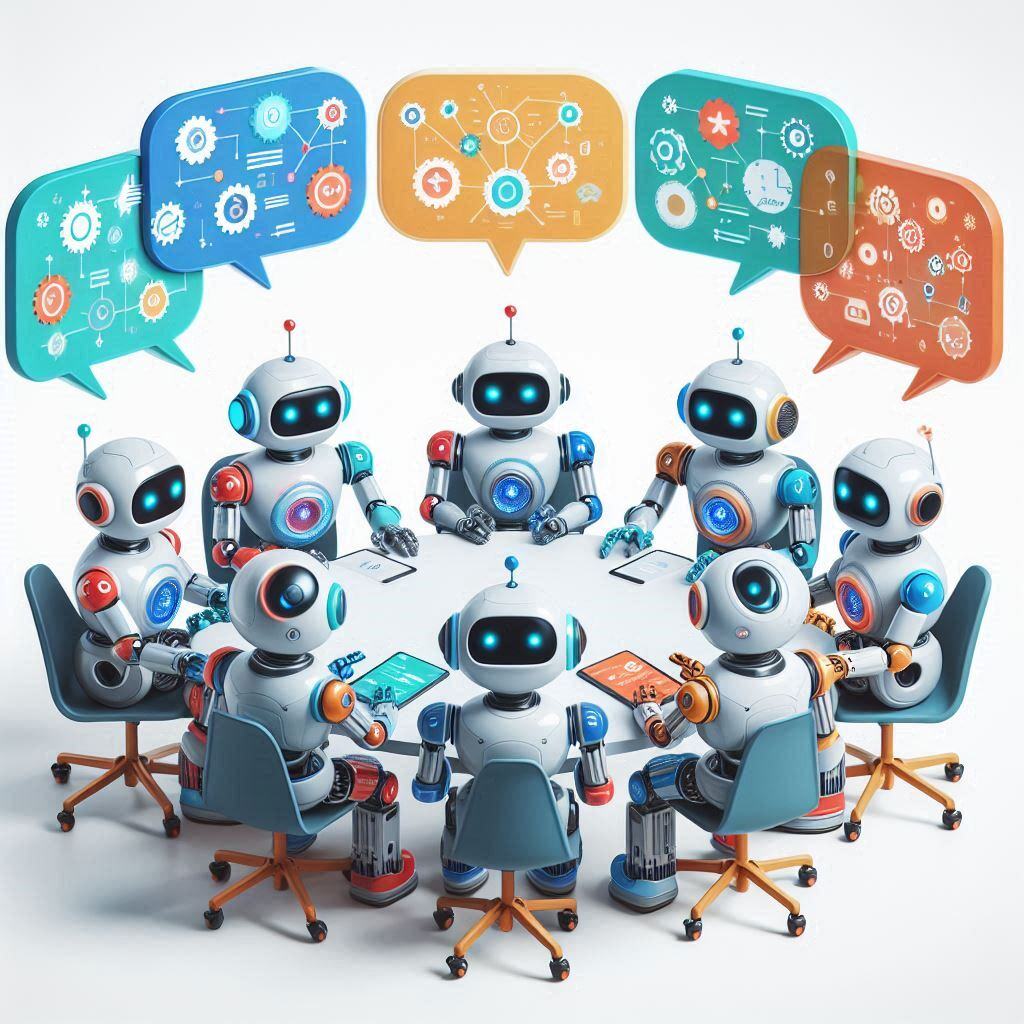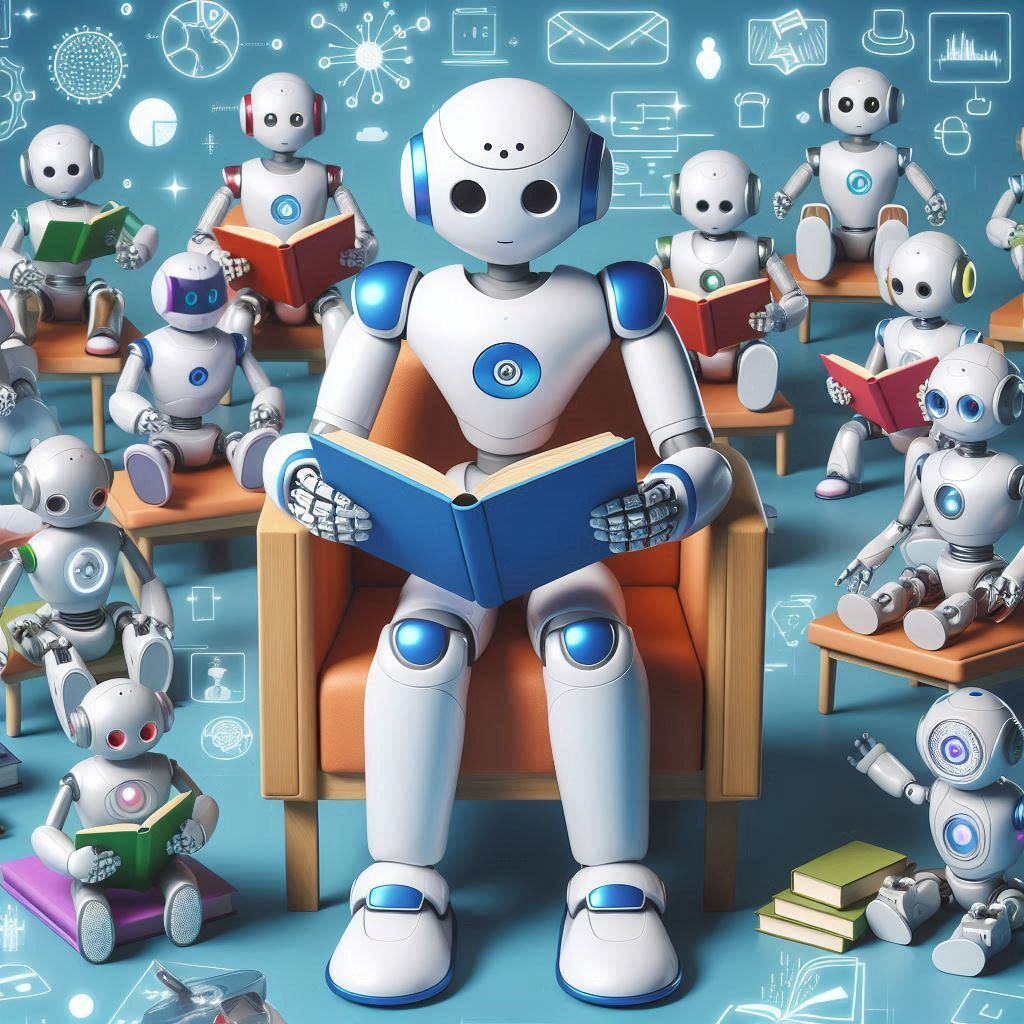AI Data Labeling: The Key to Accurate and Efficient AI Models
Data is often referred to as the new oil. However, raw data alone isn't enough to power effective AI models. To truly harness the power of AI, data...
Explore the key differences between generative AI and predictive AI, including their applications and how they impact various industries.
Artificial Intelligence (AI) has become an integral part of our daily lives, driving advancements across various industries. Among the many forms of AI, generative AI and predictive AI are two of the most talked-about technologies. While both play crucial roles in decision-making and automation, they serve different purposes and are based on distinct principles. In this blog, we’ll dive deep into the differences between generative AI and predictive AI, their applications, and how they impact the future of technology.
Generative AI refers to systems that can create new content, such as images, text, music, and even video. Unlike traditional AI models that rely on predefined rules or patterns, generative AI uses complex algorithms and neural networks to generate outputs that resemble human-created content. This type of AI is designed to mimic human creativity and innovation.
Generative AI models, such as Generative Adversarial Networks (GANs) and Transformer models like GPT (Generative Pre-trained Transformer), are trained on large datasets. These models learn patterns and structures within the data and use this knowledge to generate new, original content. For example, a generative AI trained on thousands of landscape photos can create entirely new, realistic-looking landscapes that have never existed before.
Generative AI has a wide range of applications across various industries:
Predictive AI, on the other hand, focuses on analyzing historical data to make predictions about future events. This type of AI is widely used in forecasting, risk assessment, and decision-making processes. Predictive AI models are built on statistical techniques and machine learning algorithms that identify patterns in data and use these patterns to predict outcomes.
Predictive AI models use various machine learning techniques, such as regression analysis, decision trees, and neural networks, to analyze past data. These models can then predict future trends, behaviors, or events based on the patterns they have learned.
Predictive AI is utilized in a variety of sectors to enhance decision-making and efficiency:
While both generative and predictive AI leverage machine learning, they are fundamentally different in their goals and approaches.
Objective:
Data Usage:
Output:
Complexity:
Applications:
As AI technology continues to evolve, the lines between generative and predictive AI may blur, leading to new hybrid models that combine the strengths of both. For example, a hybrid AI model could generate realistic scenarios (generative) and predict their likelihood (predictive), offering powerful tools for industries like finance and healthcare.
As with any AI technology, both generative and predictive AI come with ethical considerations. Generative AI, for instance, raises concerns about the authenticity of content and the potential for deepfakes, while predictive AI must address issues related to data privacy, bias, and fairness.
Understanding the differences between generative AI and predictive AI is crucial for selecting the right tool for your specific needs. Whether you’re looking to create innovative content or make data-driven predictions, both types of AI offer unique advantages.
As these technologies continue to advance, they will undoubtedly shape the future of numerous industries, offering new opportunities for creativity, efficiency, and innovation. By staying informed about the capabilities and applications of generative and predictive AI, businesses and individuals alike can harness the full potential of these powerful tools.
Looking to integrate AI into your business? Explore how Integrail’s AI solutions can help you leverage both generative and predictive AI to transform your operations and stay ahead in the competitive landscape. Contact us today to learn more.

Data is often referred to as the new oil. However, raw data alone isn't enough to power effective AI models. To truly harness the power of AI, data...

Artificial intelligence (AI) has evolved far beyond simple rule-based systems. Today, intelligent AI agents are making complex decisions, solving...

Artificial Intelligence (AI) is rapidly transforming industries and daily life. But what exactly is autonomous AI, and why should it be on your radar?
Start your journey with Integrail

Try AI Studio by Integrail FREE and start building AI applications without coding.

NEW White Paper: Discover how AI Studio accelerates your workflows